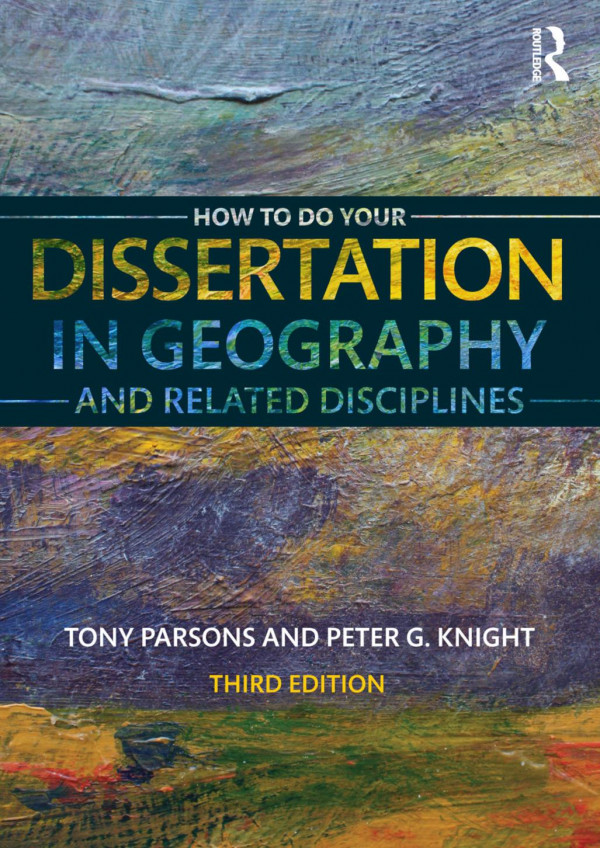

Most ebook files are in PDF format, so you can easily read them using various software such as Foxit Reader or directly on the Google Chrome browser.
Some ebook files are released by publishers in other formats such as .awz, .mobi, .epub, .fb2, etc. You may need to install specific software to read these formats on mobile/PC, such as Calibre.
Please read the tutorial at this link. https://ebooknice.com/page/post?id=faq
We offer FREE conversion to the popular formats you request; however, this may take some time. Therefore, right after payment, please email us, and we will try to provide the service as quickly as possible.
For some exceptional file formats or broken links (if any), please refrain from opening any disputes. Instead, email us first, and we will try to assist within a maximum of 6 hours.
EbookNice Team

Status:
Available4.4
18 reviewsThis book provides undergraduates with a step-by-step guide to successfully carrying out an independent research project or dissertation. The book addresses each stage of the project by answering the questions that a student is likely to ask as the work progresses from choosing the subject area and planning the data collection through to producing illustrations and writing the final report. Most undergraduates in geography and related disciplines are required to undertake individual projects as part of their degree course; this book is a source of constructive, practical advice.
This new third edition continues the tradition of friendly, well-informed but informal support, and continues to focus on answering the specific questions that students typically ask at each stage of the project. The new edition brings the text completely up to date by taking into account changes within the discipline and changes in the ways that students work. New digital media, social networking, mobile technology, e-journals, anti-plagiarism software, ethics approval rules and risk assessments are among the issues that this new edition takes into account. The new edition also broadens the book’s appeal by extending its coverage of the wide range of different approaches to geographical research, with expanded coverage of qualitative research, Geographic Information Systems, and new approaches to research design in both physical and human geographies